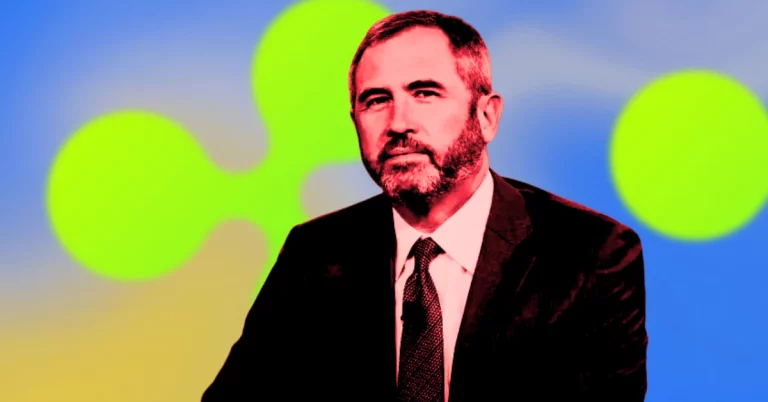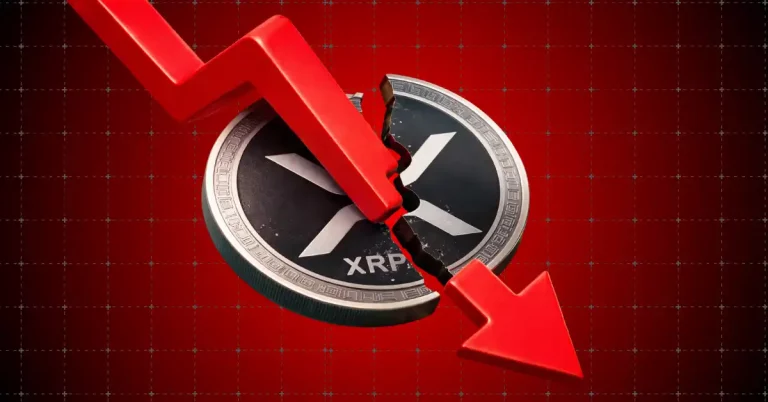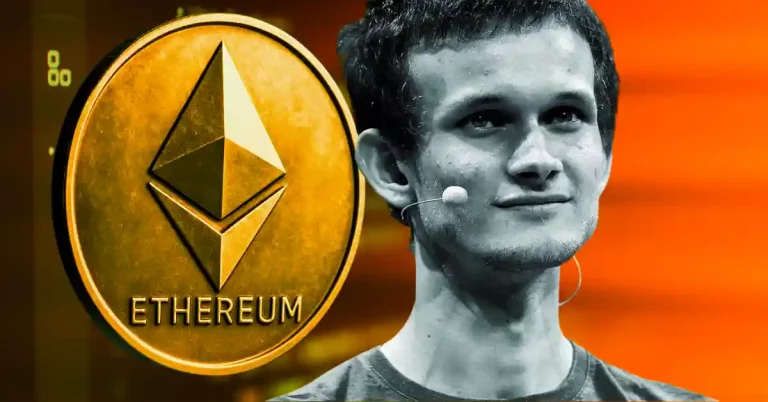In the fast-evolving world of blockchain and cryptocurrencies, real-world asset (RWA) tokenization is rapidly gaining traction. This innovative sector has reached a significant milestone, with the total on-chain value of RWAs surging to a record-breaking $29 billion this week. As financial institutions increasingly embrace on-chain solutions, the market continues to expand at an unprecedented pace.
What Are Real-World Asset Tokens?
Real-world asset tokens are digital representations of tangible assets like private credit, US treasuries, commodities, equities, and bonds. These assets are tokenized using blockchain technology, which enhances accessibility, transparency, and liquidity. According to data from RWA.xyz, the total value of tokenized assets on-chain has nearly doubled since the start of the year. This growth demonstrates the high demand and trust in tokenization technology from both retail investors and financial institutions.
Key Drivers Behind the RWA Surge
The cryptocurrency markets supporting RWA tokenization have seen remarkable growth. Over the past week alone, the market cap of RWA-related cryptocurrencies, such as Chainlink (LINK), Avalanche (AVAX), and Ondo Finance (ONDO), jumped from $67 billion to almost $76 billion.
Several factors contribute to this upward trend:
- Institutional Adoption: Large financial players like BlackRock are exploring blockchain to tokenize assets such as exchange-traded funds (ETFs).
- Government Push: Tokenization is being encouraged by regulatory initiatives in countries like the United States to modernize financial markets.
- Technological Advancements: Blockchain platforms like Ethereum and its layer-2 networks are becoming foundational for hosting tokenized assets, holding over 75% of the total value.
BlackRock’s Role in Driving Tokenization
The world’s largest asset manager, BlackRock, has set an industry benchmark with its forward-thinking approach to tokenization. In 2024, the firm launched the USD Institutional Digital Liquidity Fund (BUIDL), a money-market fund tokenized on Ethereum. This fund has already grown to over $2.2 billion in assets under management.
BlackRock CEO Larry Fink has famously stated that every financial asset could eventually be tokenized, emphasizing its potential to democratize finance. This statement aligns with the broader push from fintech firms and governments to integrate blockchain technology into traditional financial systems.
Why Tokenization Is the Future of Finance
Tokenization simplifies asset management. It enables fractional ownership, allowing broader participation from investors of all sizes. The process also reduces friction in transactions, as blockchain ensures faster settlement times and enhanced security.
If you’re looking to explore the RWA landscape, consider tools and platforms like Ledger hardware wallets for securely managing your digital assets. For those new to the space, investing through platforms such as Ondo Finance or Chainlink can provide entry points into this booming market.
With the world’s financial ecosystem undergoing such a radical transformation, embracing tokenization may soon become a necessity rather than an option. As the $29 billion milestone suggests, the future of finance is both digital and decentralized.



